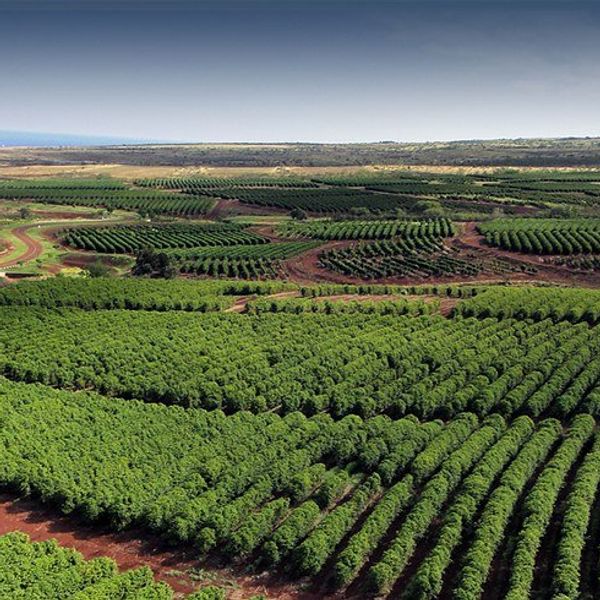Shawkan is no amateur in the photojournalism field. He covered the Egypt uprising during Arab Spring in 2011 when, despite the authoritarian government authorizing killings and abductions of several protesters, the insurgency only grew in size and emotion. He also covered the following happiness and content as a democratic election put a new progressive Egyptian president in power. The former dictator had ruled for over three decades.
Fast-forward to 2013, when a military coup overthrew this president. That sparked mass protests across the country guided by the Muslim Brotherhood, the main opposition against the dictatorial rule and military forces.
It was Aug. 14, 2013. Egyptian photojournalist Mahmoud Abou Zeid, known as Shawkan, was covering a Muslim Brotherhood protest in Rabaa Al-Adawiya mosque, Cairo. This weeks-long sit-in was gathered to protest against the military coup. People slept and ate in this mosque in the eastern part of Cairo. They brought their children and spouses to the sit-in and wouldn't bulge despite threats from the military government. 85,000 people were protesting in that specific sit-in.
Mahmoud was documenting the protest with other photojournalists. The plaza outside rabaa Al-Adawiya mosque had a makeshift kitchen with ready meals and even a barbershop. No one could've predicted what came next on that warm morning of August.
"They are coming," was a message sent to CNN reporter Reza Sayan around 7 a.m. Authorities moved into the camp to break down the protest. With tear gas, live rounds of automatic weapons, military bulldozers, helicopters and snipers, police entered the camp and started shooting. The protestors didn't know what had hit them until it was too late.
817 people were brutally murdered that day, according to research by Human Rights Watch. "There were no warnings," said a witness. It was a systematic attack against the military opposition.
The police also detained, tortured and beat more than 800 people. Among them was Shawkan, who was arrested with his camera in his hand, immediately after explaining he was a journalist and had the right to be there.
His international colleagues were released after showing their foreign passports, but Shawkan was covering a protest in his own country and didn't have the same luxury. He was arrested on "trumped up charges," like attempt murder, and even joining a criminal gang -- crimes that, if he's found guilty of, could lead to death sentence. All for doing his job in documenting the protest that day.
It's been three years since he was arrested. His lawyers have repeatedly called for his release since he's not being treated for Hepatitis C in Tora Prison and the government has denied all the requests. Shawkan was scheduled for trial more than three times, with unnoticed cancellations and moving dates to stall the process. His lawyers were supposed to bring more than 700 witnesses, power players and supporters to his hearings, but the trial never happened in the first place. It's been three years.
He succeeded in documenting the cries of people who yearned for democracy in 2011 and was detained for doing the same in 2013. In an open letter from prison, Mahmoud wrote that he only dreams about his current reality, no past and no hope for future. "My dreams have nothing but a white color I hate. They have no people except for the prisoners in my cell," wrote the photojournalist.
The Press Syndicate's head and Egyptian journalists were not enough to free Shawkan. He asks for them to hold on to his dream, and "don't put down the cameras, no matter what it takes." He's been in jail for more than 1,200 days.
It's still not fair that Shawkan is imprisoned, and Amnesty International launched a worldwide call to #FreeShawkan from Tora prison. They posted a call for action on their "Write For Rights" page, in which they urge people to send letters, tweets and even Facebook posts to help individuals who have their basic human rights attacked.
This Egyptian photojournalist is at risk for the death penalty for doing his job, and you can do something about it. Don’t let Shawkan's dream die with him in prison; he deserves more than that. Now that the world knows his story, it's time to free Shawkan and stand with us for freedom of the press.





















